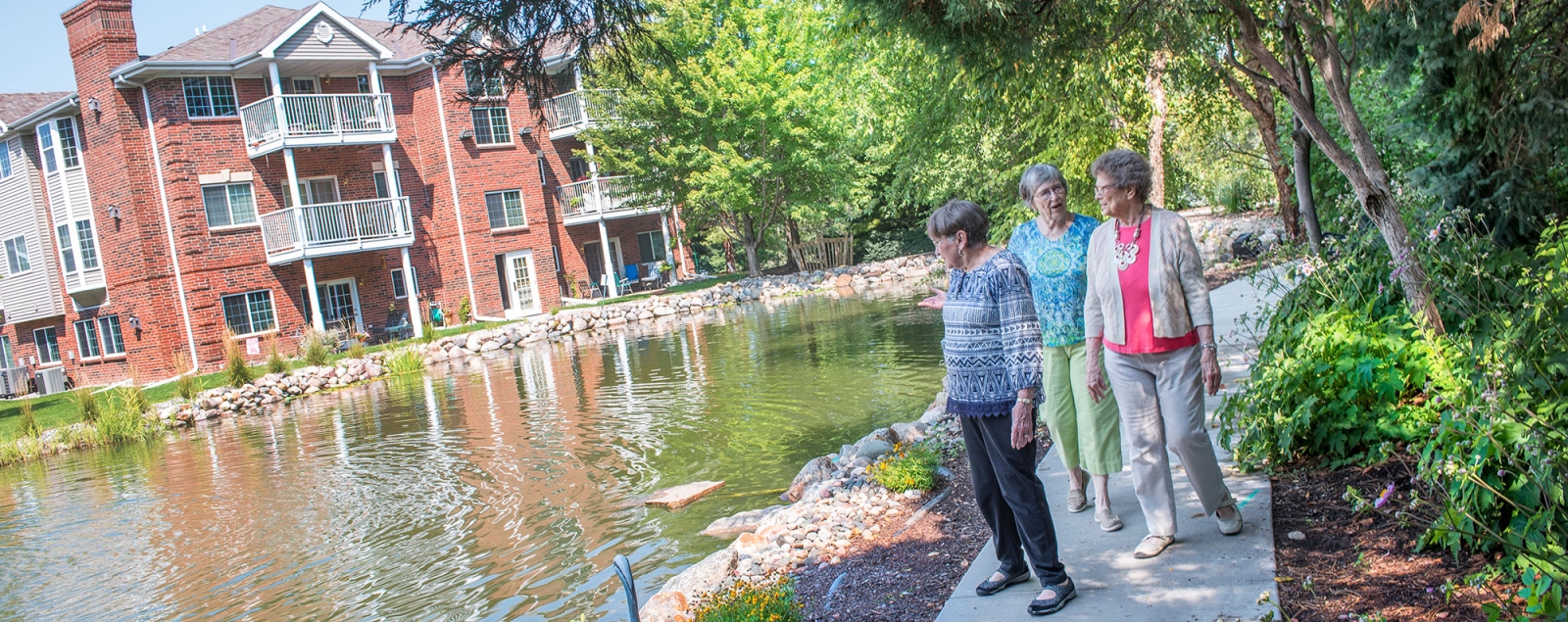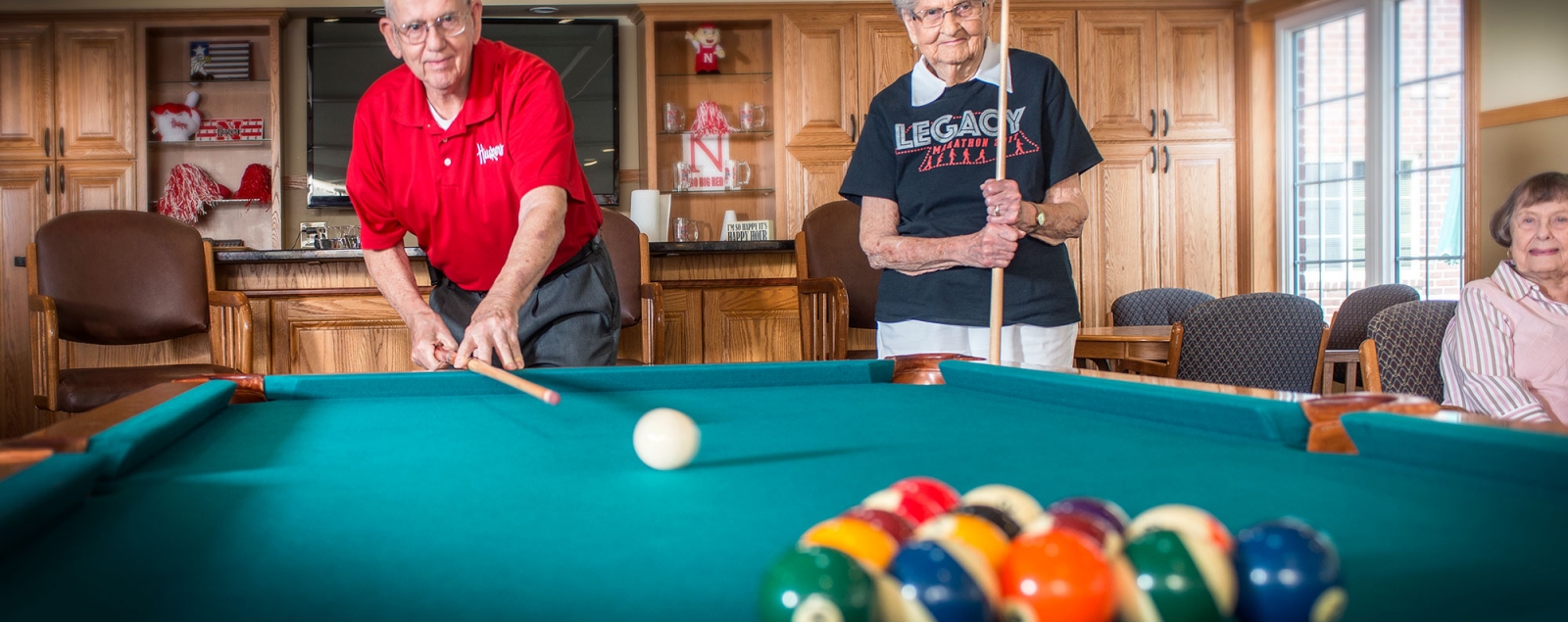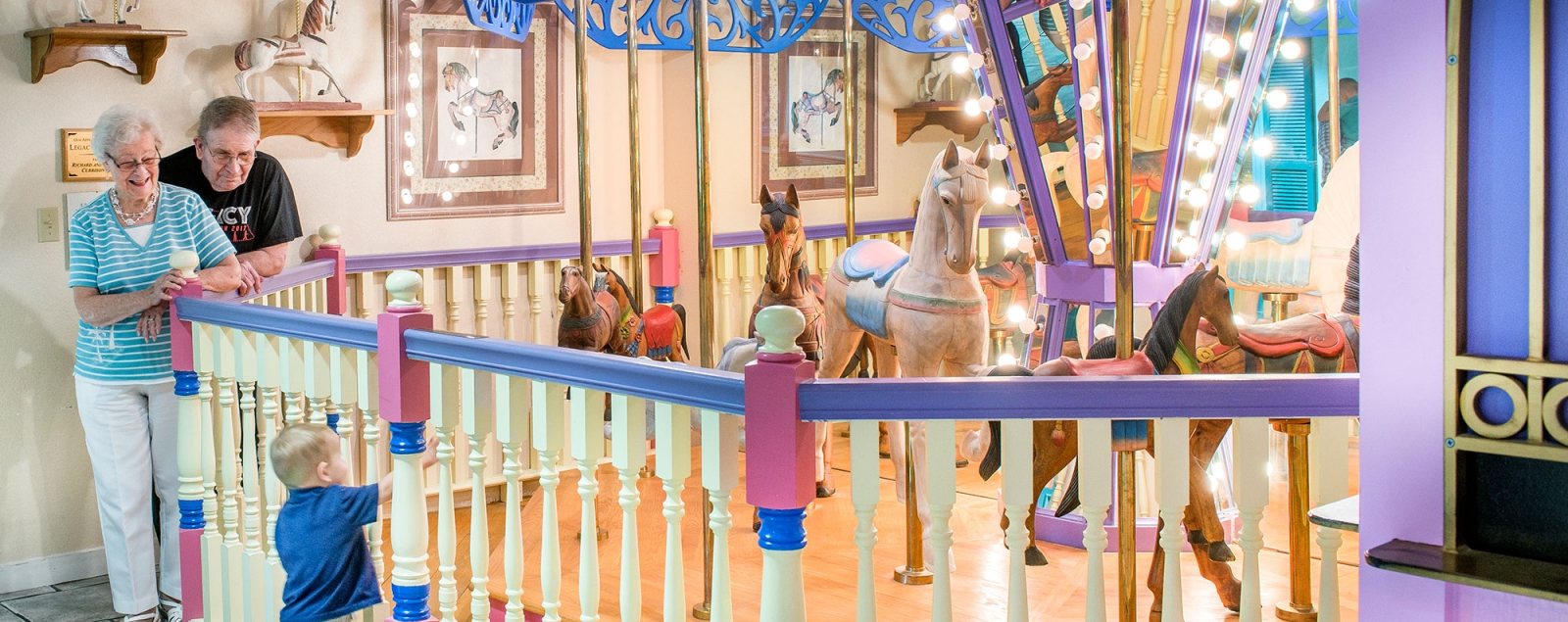8 Tips Help to Navigate Dementia
8 Tips Help to Navigate Dementia
BY MICHELE CARLSON, Activities director and certified Alzheimer’s disease and dementia care trainer, Legacy Retirement Communities via the Lincoln Journal Star.
Forgetfulness, temporary confusion or having trouble remembering a name or word can be a normal part of life. But when thinking problems or unusual behavior starts to interfere with everyday activities — such as working, preparing meals or handling finances — it’s time to see a doctor. These could be signs of a condition known as dementia.
Many people find themselves caring for someone with dementia. Through education and support, we as caregivers can provide an enriching, loving and positive environment for our loved ones.
Here are a few insightful tips for understanding the disease process and how to best understand what your loved one is experiencing.
• There are over 100 types of dementia, with Alzheimer’s being the most common. Dementia is the umbrella term for a group of symptoms that may include memory loss, personality change, social withdrawal, difficulties with communication, difficulties with complex tasks, confusion and being repetitive.
• Dementia is a progressive disease that has been called "the long goodbye." From diagnosis to death, it can be years.
• It is important to remember that dementia is not normal aging. Negative behaviors you may be witnessing are symptoms of their disease.
• As caregivers, we need to educate ourselves and seek support from people that understand the disease and can help navigate dementia.
• When caring for someone with dementia, put yourself in their shoes. If you can place yourself in the reality of the person with dementia, chances are you’ll be able to connect with her/him easier.
• Keep in mind that those with dementia lose their short-term memory first, and may often refer to the past. Maybe they think they have to go to work, school, have small children or look for a spouse.
• They may hallucinate, have delusions and do things that make no sense to us. It doesn’t have to make sense, but we do need to make sense of how we can help them.
• Be proactive instead of reactive. Your loved one will probably need long-term care at some point. Make connections with memory care communities early on so you understand the level of care they provide and also have them as a resource if you are still caring for your loved one at home.
Those diagnosed with dementia are more than just their disease. They have lived a full life with many experiences and achievements. As caregivers, it is our job to honor the person, not the disease. Take time to revisit old memories, go with the flow, and make time for yourself too.



